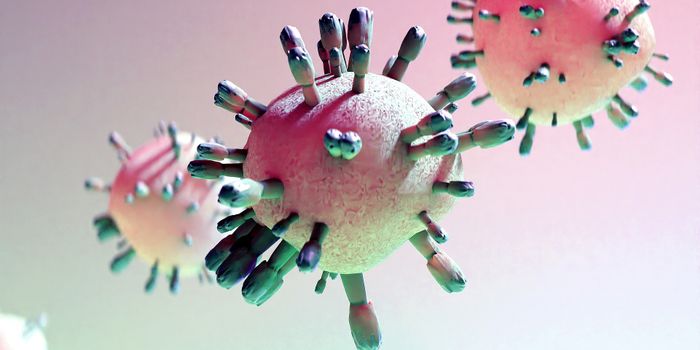Cancer Treatment Outcome Tied to Mental Wellness
Mental health is inextricably linked to physical health and wellbeing. That is the sentiment in a study, which found that colorectal cancer patients who suffer from depression are less likely to recover well despite good treatments. The study highlights the importance of identifying patients’ mental and physical needs to increase the odds of a good recovery.
Currently, researchers estimate that 17 million people worldwide are afflicted with cancer. This number is expected to surpass 50 million by 2050. Given that cancer diagnoses can significantly impact a person’s mental wellness, the research team in the United Kingdom set out to investigate whether mental illness can adversely affect cancer recovery.
"We know that depression and anxiety often go hand in hand with cancer, but now we can see the extent to which people are struggling to live with these illnesses,” said Jane Maher, joint chief medical officer of Macmillan Cancer Support – one of two the centers that conducted the study.
The team of researchers followed over 872 patients who were undergoing treatment for colorectal cancer from between 2010 and 2012. They also followed the patients for another 5 years after the surgery intervention, to assess post-operative health status and wellbeing.
The team found that depression had a negative impact on the patients’ recovery outcome, irrespective of whether the cancer was caught in early stages. Specifically, a patient was 7 times more likely to suffer worse outcomes 2 years post-treatment if he/she was depressed at the time of diagnosis. Poor health outcomes included difficulty walking around and bed confinement.
In addition, patients struggling with depression also were more than 13 times more likely to suffer from poor quality of life. The team defined poor quality of life to include problems with memory, thinking abilities, and normal sexual functioning.
"We have shown that self-reported depression before cancer treatment starts predicts quality of life and health status during treatment and up to 2 years later," said Claire Foster, director of the Macmillan Survivorship Research Group at Southampton, and first study author.
With the rise precision medicine, we’re more aware now than ever that one treatment can yield vastly different outcomes for many patients depending on their genetic and environmental background. The results of this study add yet more evidence that the success of treatments depends on understanding individual patient needs, including mental health status, which is often overlooked. "These results have the potential to revolutionize patient assessment and care-planning to enhance patient care and improve recovery experiences after cancer," said Foster.
Additional source: University of Southhampton









